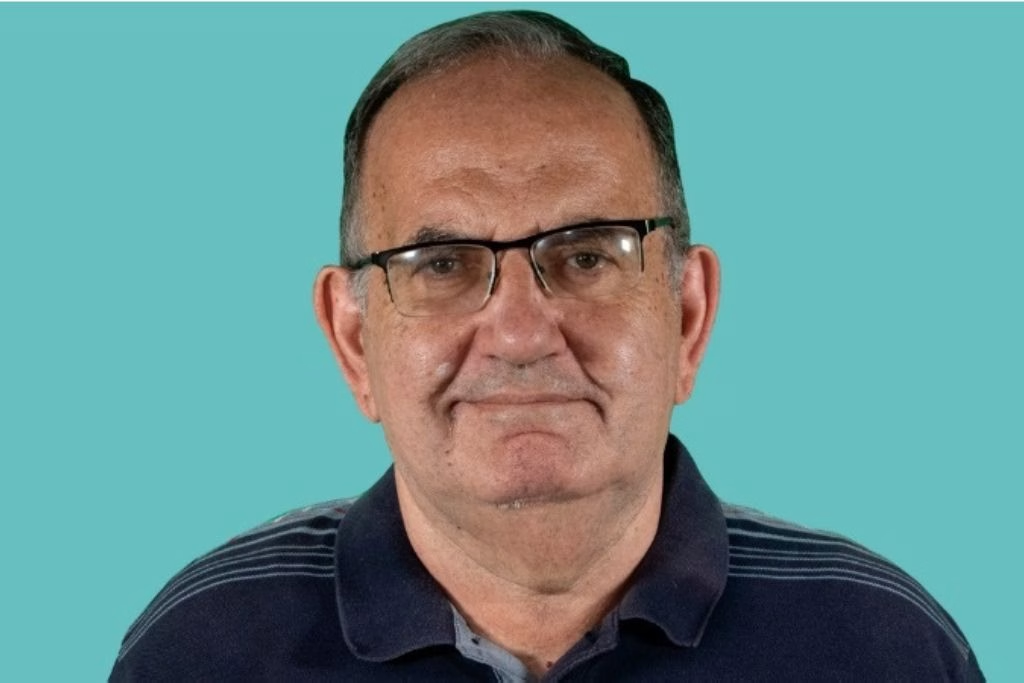
Understanding the Significance of the Rome Conference for Higher Education and Learning Societies
The upcoming conference in Rome, scheduled for 14 March 2025, represents a pivotal gathering of scholars and academics focused on the evolution of the public sphere, media ecosystems, and the concept of the Learning Society. Among the distinguished participants is Professor Peter Mayo from the University of Malta, whose invitation to speak highlights the increasing recognition of Malta’s academic contributions on an international stage. This event offers an invaluable platform to examine how learning societies are reshaping education, civic engagement, and cultural hegemony in a rapidly changing digital environment.
The Role of the University of Malta and Peter Mayo in Shaping Academic Discourse
The University of Malta has long been a hub for pioneering research and thought leadership in social sciences, philosophy, and education. Professor Peter Mayo, in particular, holds significant influence as a figure dedicated to exploring democratic participation, cultural hegemony, and the transformative potential of the learning society. His invitation to speak at this conference underscores the university’s active engagement with pertinent global debates on civic education and the democratization of information.
By contributing his insights to this international forum, Mayo continues to elevate Malta’s academic presence, fostering dialogue that bridges local insights with global challenges, especially regarding how digital and media ecosystems influence civic life.
Key Topics Addressed at the Rome Conference on the Public Sphere and Media Ecosystems
The conference program emphasizes critical areas such as the transformation of the public sphere, media ecosystems, and digital democracy. Notably, Mayo’s presentation, titled The Learning Society as an Arena for Contesting Cultural Hegemony: Insights from Antonio Gramsci, offers a compelling perspective on how education and civic engagement can challenge prevailing cultural narratives.
Other sessions delve into Western reason and democracy, social inequality, the role of journalism, online hate speech, and the future of deliberative democracy. These discussions are crucial as they provide insight into how societies can foster critical thinking and civic participation amidst pervasive digital media influences.
The Concept of Learning Society and Its Relevance Today
The learning society concept, deeply rooted in Gramscian thought and critical pedagogy, encompasses more than formal education. It promotes lifelong learning, civic literacy, and the democratization of knowledge, especially in digital spaces. Mayo’s focus on this area underscores the importance of understanding how education systems can adapt to foster resilient, inclusive, and participatory communities.
In the context of Malta and the broader Mediterranean region, strengthening learning societies aligns with ongoing efforts to enhance civic engagement and social cohesion. Recognizing Malta’s contributions during these discussions signals a growing acknowledgment of the country’s role in shaping contemporary debates on education and democracy.
Implications for Higher Education Institutions and Policy Makers
Participation in international forums like the Rome Conference offers universities and policy institutions an opportunity to revisit their strategies for fostering civic-minded education and digital literacy. For the University of Malta, such engagements reinforce the importance of embedding critical social theories, like those of Gramsci, into curricula and research agendas.
Moreover, active involvement in these discussions can influence policy formulations aimed at democratizing access to knowledge and expanding lifelong learning initiatives. It encourages universities to serve as catalysts for social change, particularly in regions like Malta, where digital transformation is rapidly advancing.
Future Perspectives: Strengthening Malta’s Role in Global Academic Discourse
As Malta seeks to enhance its academic profile, participating in conferences like the Rome event is vital. It not only elevates the visibility of academics such as Professor Mayo but also fosters collaboration across borders, especially in areas related to media literacy, civic education, and social justice.
Furthermore, the recognition of Maltese scholars on international platforms can inspire local research initiatives that address regional challenges within the framework of broader global debates.
How to Engage with These Ideas and Opportunities
Educational institutions, students, and civic organizations interested in the themes discussed at the Rome Conference should consider engaging with ongoing academic dialogues through webinars, workshops, and publications. Following the work of Professor Mayo and other keynote speakers can provide valuable insights into innovative approaches for cultivating participatory and critical learning environments.
Additionally, exploring programs that promote lifelong learning and digital civic engagement can help communities build resilience against misinformation and foster democratic participation.
Advancing the Dialogue on Learning Society and Democratic Engagement
Professor Peter Mayo’s invitation to speak at the Rome Conference underscores the vital role of Malta in contributing to international discussions on the evolution of the public sphere, media ecosystems, and learning societies. These debates are essential for shaping future educational policies and civic practices aimed at fostering inclusive, democratic, and resilient communities worldwide.
Ready to Study at the University of Malta?
Explore your academic future at one of Malta’s leading higher education institutions. Whether you’re interested in undergraduate or postgraduate studies, fill out the form to get personalized guidance from an expert counselor. You’ll receive support in understanding programs, admission requirements, and everything you need to confidently start your journey at the University of Malta.

